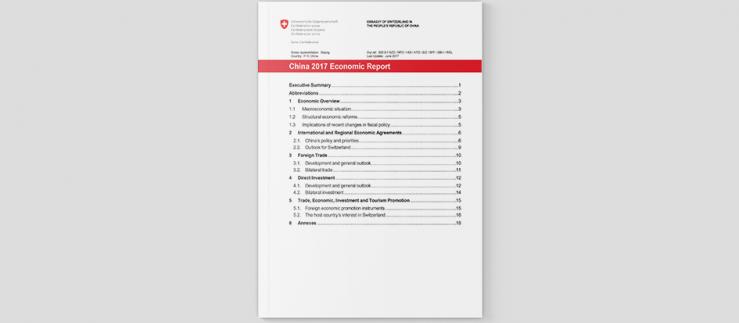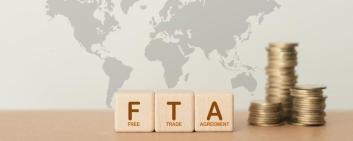Mr Feige, in your "Swissness Worldwide" study you investigated the image of Swiss origins in a number of different countries. Where can Swiss origins be monetized particularly effectively?
Basically Switzerland and Swiss companies are considered attractive all over the world, but particularly in the BRIC states, Brazil, Russia, India and China. There Swiss products are appreciated disproportionately.
Does that apply to all sectors?
Yes, that's the case across the board for all sectors.
Has this perception changed over the years? The study has already been carried out multiple times.
Hardly at all; images from individual countries appear very stable and the image of Switzerland in the wider world is very stable too. Nevertheless, Switzerland is not seen to be very innovative – of course independent studies confirm that Swiss companies are extremely good in this area, but this still appears to be widely unknown. This is the one negative aspect that runs through the last 20 years of data we have available to us. The positives - precision, top quality, reliability, outweigh this aspect however.
Does it make any difference how the Swiss origin is touted - for example a "Swiss recipe" or "Swiss-made"?
Yes, there is a small difference to be noted here. The "Swiss recipe" or "Swiss engineering" makes less of a positive difference than "Swiss-made". The disadvantage is that the Swiss cross may not be used for these sort of "Swissness-light" labels.
Are you able to quantify how many consumers or companies are willing to pay more for a product that comes from Switzerland?
Absolutely, but you have to look at the little details of individual sectors and countries. In India or Japan for example, consumers accept a price for a watch from Switzerland that is a good 100 percent higher than if it didn't come from Switzerland. The situation is similar for cheese and chocolate. In mechanical engineering it is substantially less, perhaps only two to five percent. In B2C people will generally pay more than in B2B.
What's the situation now that the new Swissness legislation is coming into force?
The new regulation now officially permits the use of the Swiss cross on products, which was previously not the case but was merely tolerated. At the same time, its improper use has again been prohibited and clear rules set out as to the requirements to be fulfilled. Some companies will now use the element of "Swissness" more strongly after the elimination of uncertainty, whilst others will have to do without it. At the same time, the value of the Swiss brand is being preserved. In its details, the current law is of course also the result of the long discussion and the many interests that have been incorporated here.
Do you believe the new regulations that are now coming into force will be applied trouble-free?
Initially there will be a transition regulation, for example companies will have two years to use up preproduced packaging. Most questions can be answered by seeking qualified information, and any confusion has by now largely been cleared up. The basic principle is that consumers shouldn't be misled, to put it simply. Precisely what "not misled" means is set out in the individual regulations, but I think there will be very sound judgment in the implementation.
So how will the Swissness regulation be implemented abroad? It aims to protect exporters abroad.
Of course that depends heavily on the relevant country – Switzerland already has bilateral agreements with many of them. Some of them take into account Swiss trademark law, and this should be incorporated into the negotiations for later agreements. Some sectors are already very active in protecting their designation of origin abroad - the watchmaking and chocolate manufacturers, for example. The Swissness legislation does not solve all problems abroad, but makes an important contribution to this.
Dr. Stephan Feige is a partner and manager at htp St. Gallen.
The complete study "Swissness Worldwide 2016", which incorporates 7,900 respondents from 15 countries and was carried out by the Institute for Marketing at the University of St.Gallen (HSG) and htp St.Gallen Managementberatung AG in cooperation with Jung von Matt / Limmat, can be ordered for a small sum at: http://htp-sg.ch/bestellung-swissness/2016/







